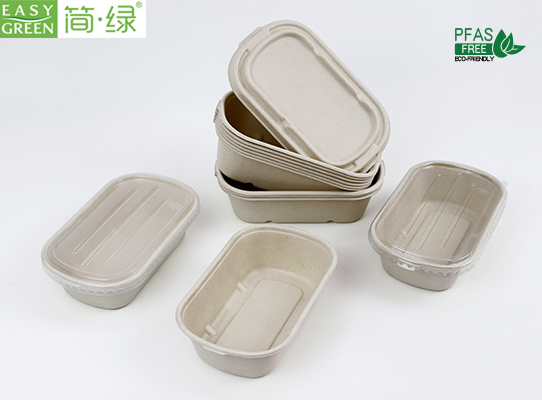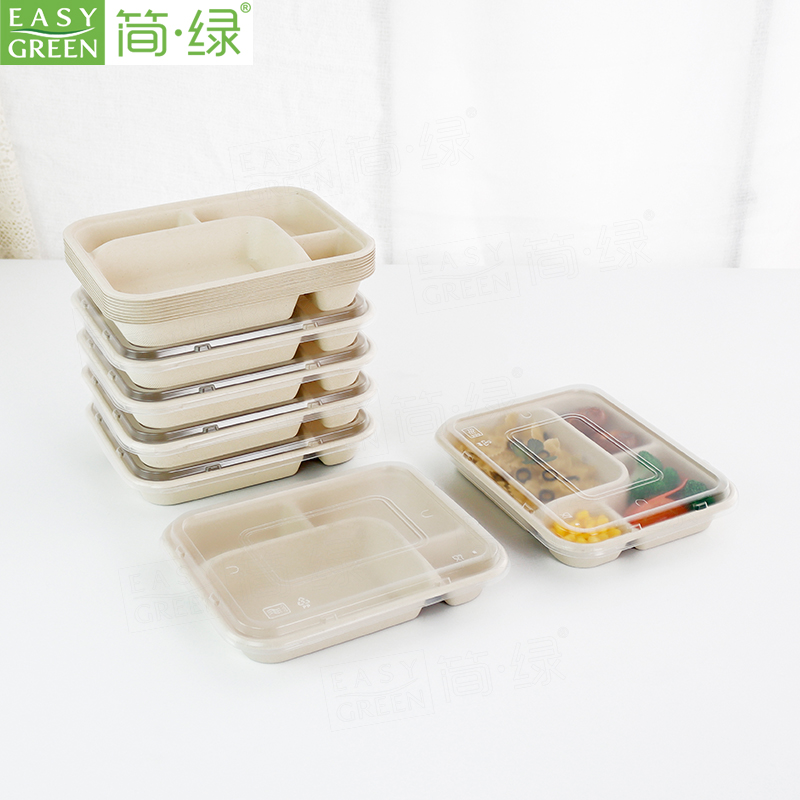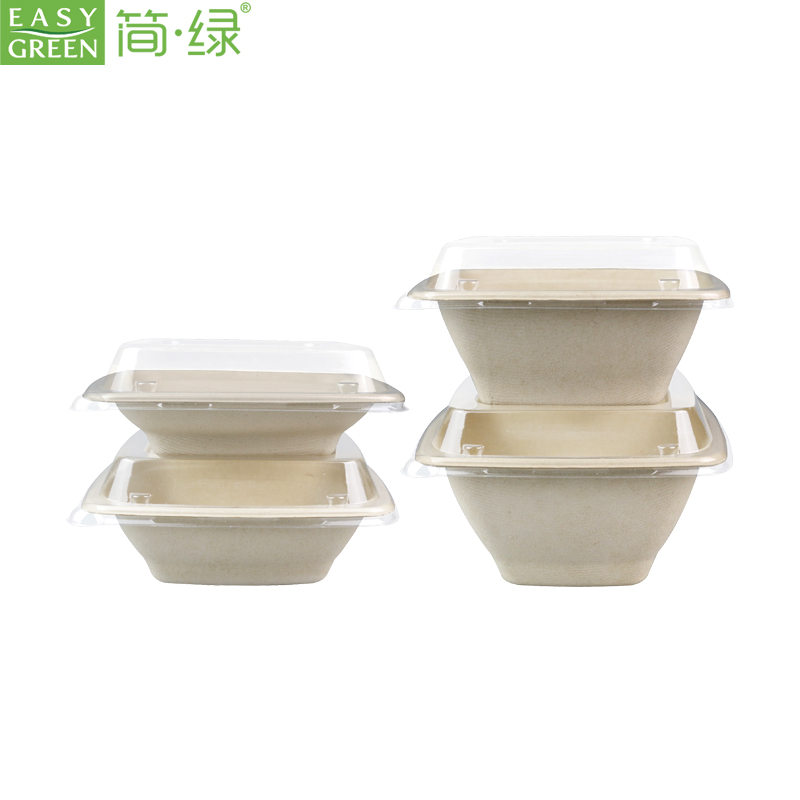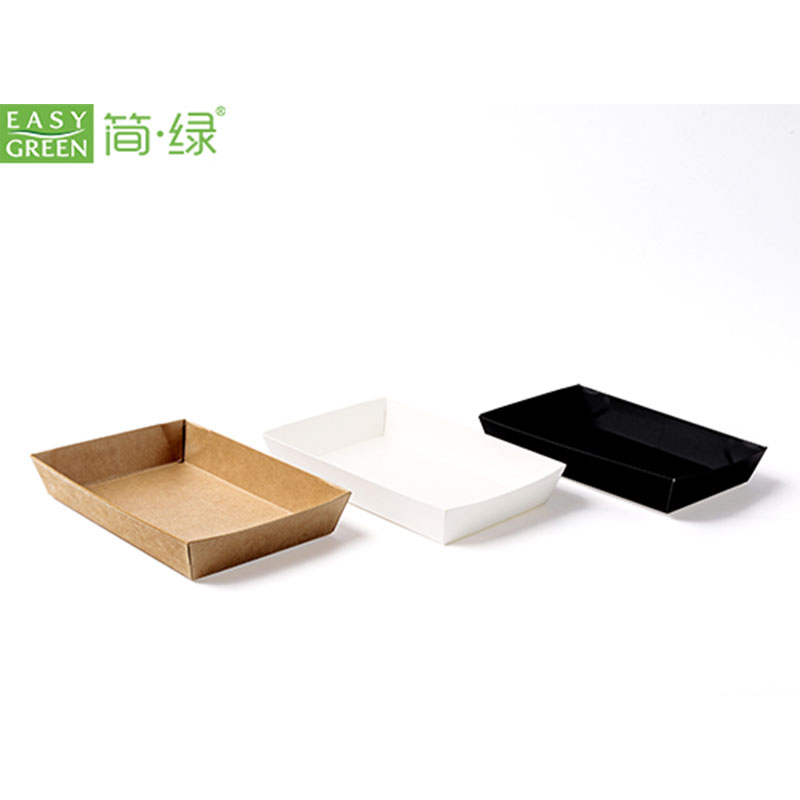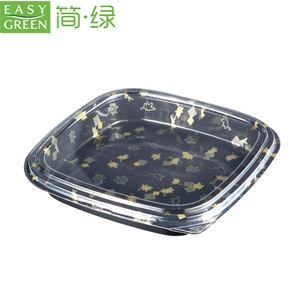In today's environmentally conscious landscape, the food industry is undergoing a significant transformation to align with sustainable practices. One remarkable shift that's gaining momentum is the adoption of wholesale biodegradable options for packaging. This evolution isn't just a trend; it's a pivotal change that has the potential to revolutionize the way we package and consume food.
Embracing Sustainability Through Wholesale Biodegradable Food Packaging
Traditional food packaging, often made from single-use plastics and non-recyclable materials, has contributed to a staggering amount of waste and pollution. Wholesale biodegradable food packaging offers an innovative solution to this problem. These options are crafted from materials that break down naturally over time, significantly reducing the long-lasting impact on our environment.
Redefining Consumer Expectations
Consumers are becoming more conscientious about the products they buy and the impact their choices have on the planet. As a result, they are demanding more wholesale compostable packaging from the food industry. Wholesale biodegradable food packaging not only aligns with these growing consumer preferences but also appeals to a broader demographic of eco-conscious shoppers.
Enhancing Brand Image and Marketability
Companies that adopt wholesale eco-friendly packaging are not only making a positive environmental impact but also enhancing their brand image. By showcasing a commitment to sustainability, these companies position themselves as responsible corporate citizens who care about more than just profits. This can lead to increased brand loyalty, customer trust, and a competitive edge in the market.
Collaborative Innovation in Packaging
The shift to wholesale biodegradable options isn't just about changing materials; it's a testament to the power of innovation and collaboration. Packaging manufacturers, food producers, and other stakeholders are coming together to develop new, efficient, and cost-effective ways to create biodegradable packaging that doesn't compromise on functionality or aesthetics.
Overcoming Challenges and Embracing the Future
While wholesale biodegradable packaging offers tremendous promise, there are still challenges to overcome. Ensuring the scalability and cost-effectiveness of these options without sacrificing quality requires ongoing research and development. Moreover, education and awareness campaigns are crucial to inform consumers about the benefits of biodegradable packaging and how to properly dispose of it. In conclusion, the food industry's embrace of wholesale biodegradable options marks a pivotal turning point in sustainable packaging practices. As consumer demand for eco-friendly products continues to rise, businesses that prioritize environmental responsibility will lead the charge in shaping a more sustainable future. By redefining packaging standards, enhancing brand image, and fostering collaborative innovation, eco-friendly bulk packaging is proving to be a transformative force in the food industry, setting the stage for a more environmentally friendly and responsible way of packaging and consuming food.
 English
English 
